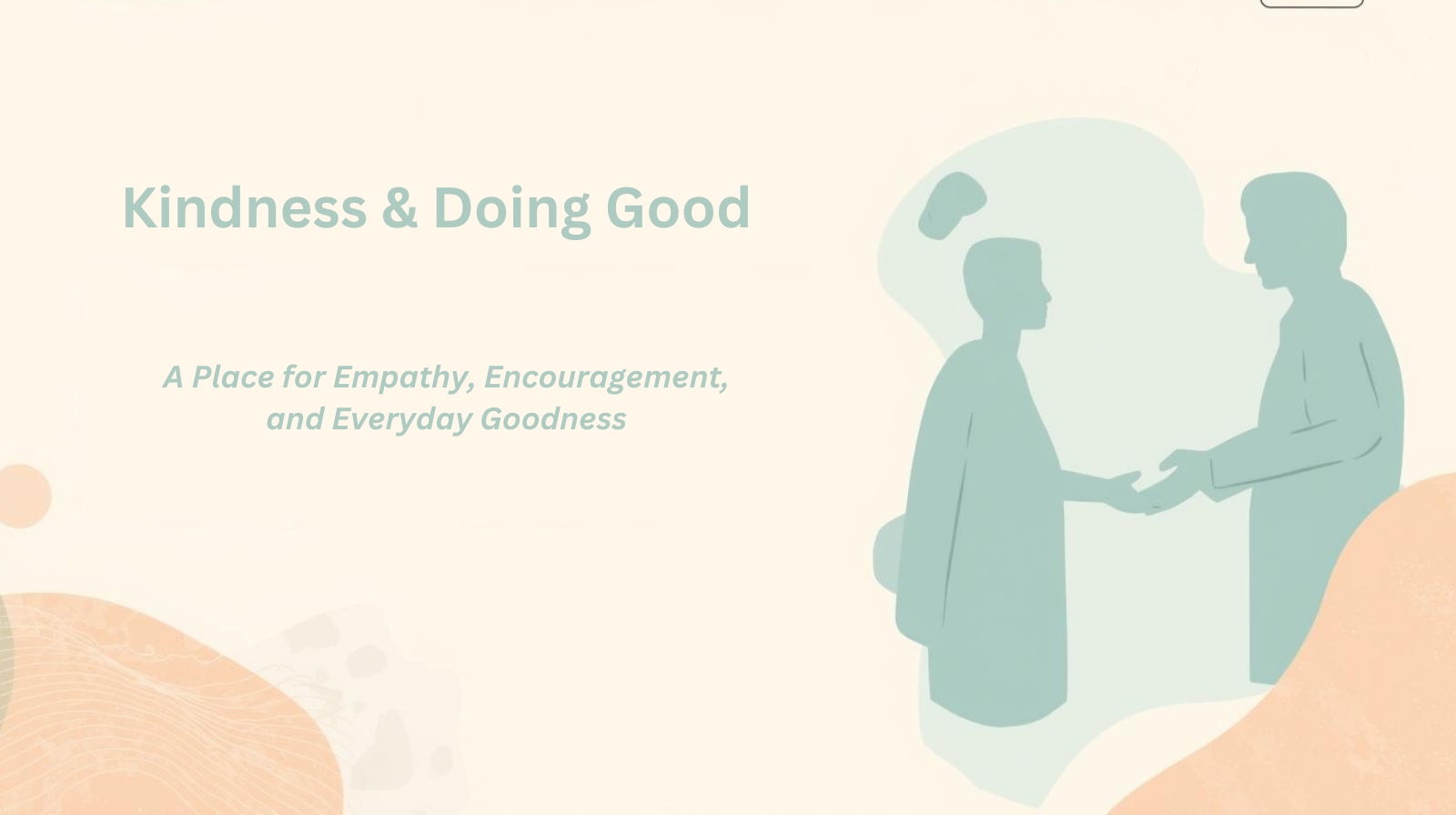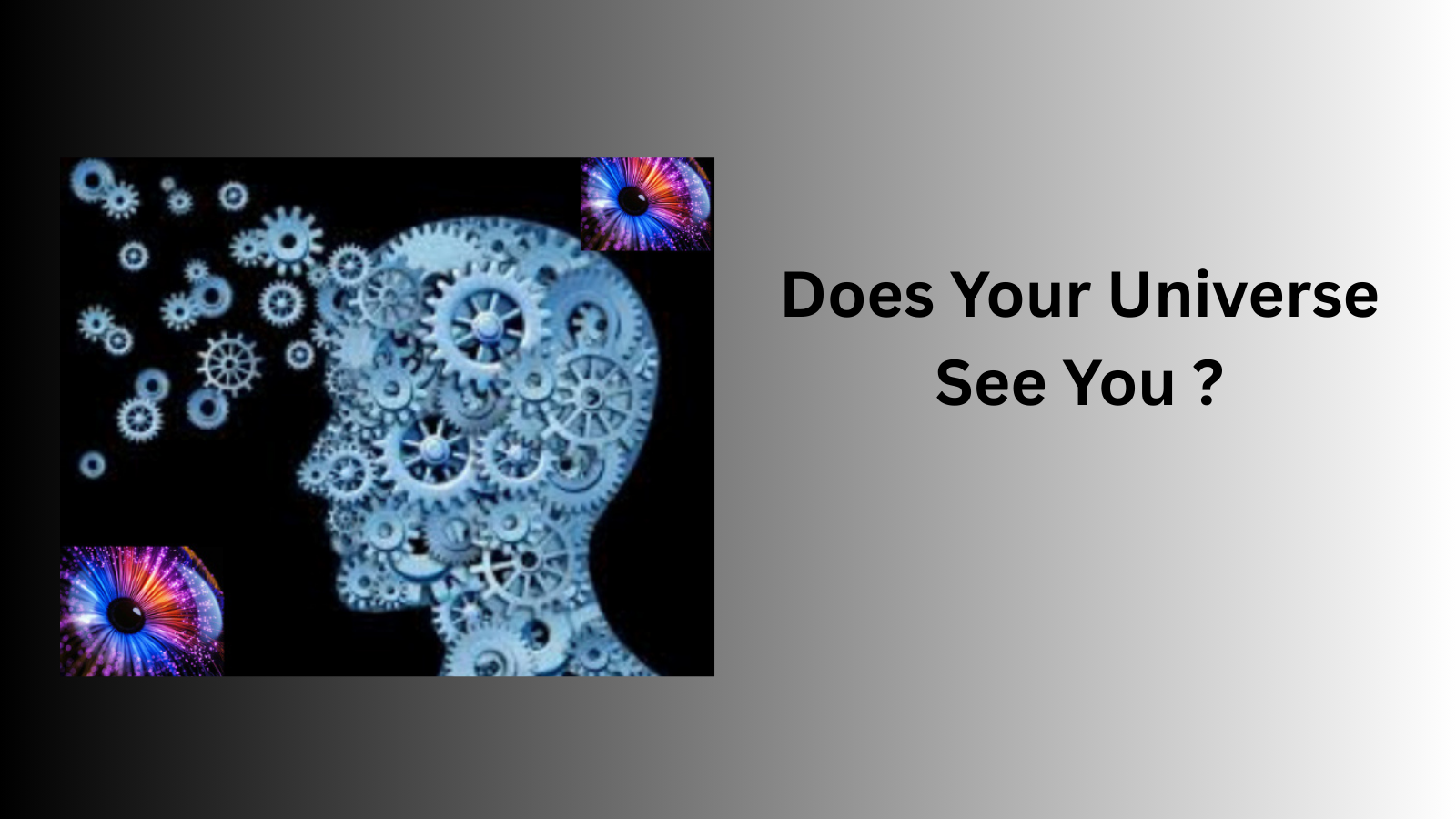Kindness is an essential quality that we should all strive to cultivate. It allows us to respond to the challenges that others face, even when we may not be aware of the difficulties they are going through. When we show kindness and empathy, we establish meaningful connections with those around us, which can be especially important during difficult times.
In addition, being kind to others can also positively affect us, helping us shift our focus away from our problems and assist in personal growth.
We can develop positive relationships with acquaintances, loved ones, and strangers by demonstrating kindness and empathy. This is because kindness fosters empathy, compassion, and appreciation, which can enhance our relationships with others. In turn, this connection can help combat feelings of loneliness, common symptoms of depression.
Ultimately, kindness is about doing the right thing and having the bravery to do it. It requires us to be thoughtful, considerate, and compassionate, even when it may be difficult. However, the benefits of kindness are undeniable, both for those around us and for ourselves. So let's spread kindness wherever we go, and make the world a better place, one act of kindness at a time.







